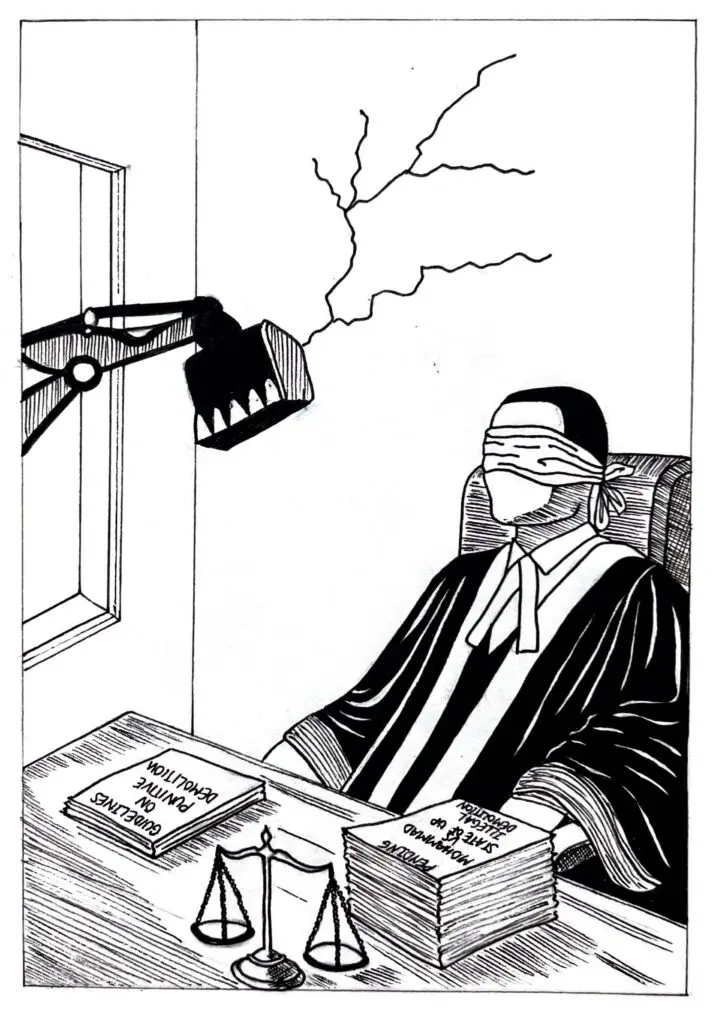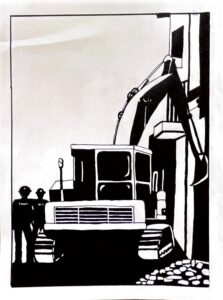
Why the erasure of sociopolitical realities in SC’s demolitions judgment is its undoing

Last November, the Supreme Court delivered a widely-hailed verdict on the illegality of punitive, extrajudicial demolitions in India—but one that still left much to be desired in both scope and implementation. In its verdict, the court discussed the inviolability of rule of law, separation of powers, and public accountability in Indian jurisprudence, declaring that the practice of demolitions falls foul of each of them. It denounced demolitions as unconstitutional collective punishment that is akin to “anarchy,” and ruled that such state excesses must be “dealt with the heavy hand of the law.” Yet, for all its judicial righteousness, the judgment ignores, or avoids, the socio-political reality within which demolitions operate. In doing so, it leaves its enforceability in question, at best. The bench of justices BR Gavai and KV Viswanathan condemned the practice of “bulldozer justice” that has increasingly become part of the political discourse in India, particularly in Uttar…





